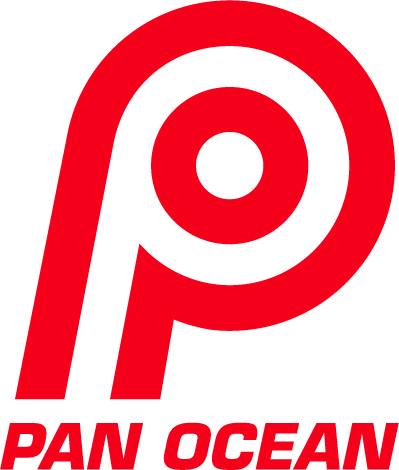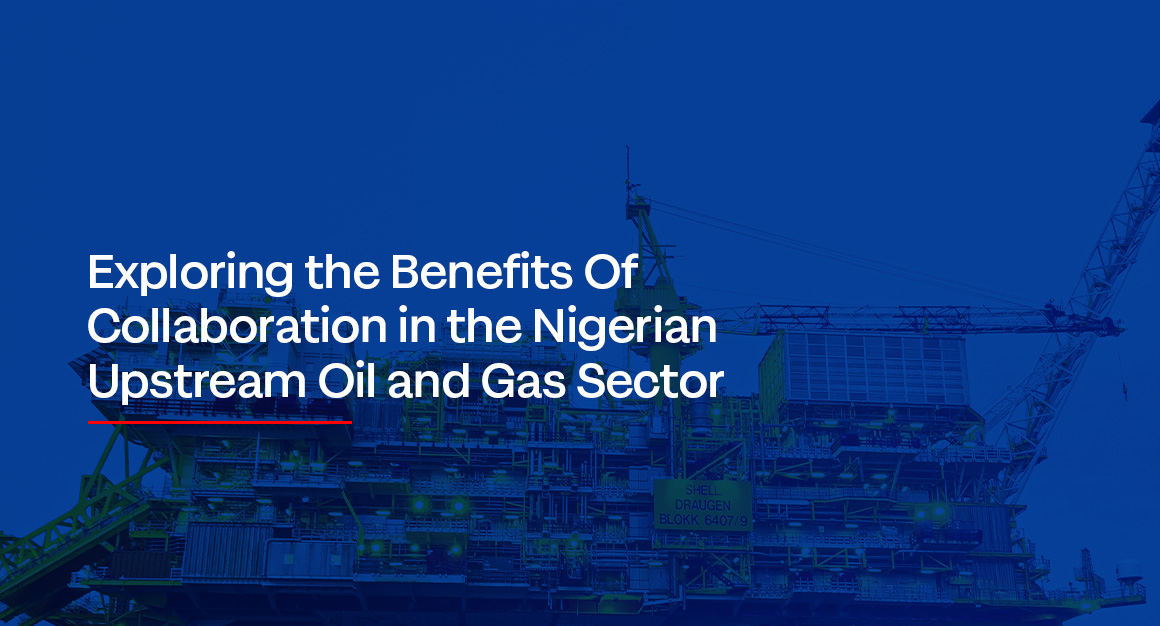Through the years, as Pan Ocean records growth with significant progress in the Nigerian oil and gas ecosystem, its interest began to mature from core business operations to embrace social programmes that better the lives of many who reside in and around the communities where it operates. Pan Ocean recognises the need to balance business and sustain healthy community relations in ways that give the communities a sense of belonging as stakeholders in their business and operations.
Through the under-listed, Pan Ocean continues to distinguish itself as the brand that keeps humanity at the centre of its operations:
Cultivating Positive Brand Recognition
In its bid to cultivate positive brand recognition, every passing year, Pan Ocean identifies with schools, orphanages and health institutions with dedicated funds to enhance the running of their day-to-day activities. Some of those who have benefitted from Pan Ocean’s CSR intervention in the past years are:
The Holy Family Home for the Elderly of Regina Mundi Catholic Church, The Ifeoluwa Orphanage, The Lagos State Motherless Babies Home and The Hearts of Gold Children’s Hospice, among others. With contributions to the African Heritage Research Library and Cultural Centre, National Post-Graduate Medical College of Nigeria and others, Pan Ocean endears itself to stakeholders.
Growing a Community of Self-Reliant People
KPMG, the multinational consulting firm, stated that the Nigerian unemployment rate increased to 37.7% in 2022 and will rise to 40.6% due to the continuing inflow of job seekers into the job market.
To also address the employment deficit to which the government still seeks a lasting solution, Pan Ocean, since the inception of its Skills Acquisition Intervention in September 2008, has funded entrepreneurial training and workshop opportunities for communities designed to train people in simple skills (bread baking, decoration, millinery, cooking etc) to make them self-reliant, beneficial to themselves and their society. The 3-phased programme caters to people with simple skills in candle making, face powder making, petroleum jelly making, etc, in the second phase. In contrast, the last phase focuses on the provision of participants with essential literacy tools through which they could further develop their full potential. Over 1,500 adults drawn from Ovade, Obayanto, Iguelaba, Ologbo, Abe, Ogharefe, Mosogar, Amukpe, Obagie and Otefe were beneficiaries of the programme.
Fostering Accountability to Critical Stakeholders
As the only Nigerian indigenous oil and gas firm in a joint venture with the Nigerian National Petroleum Corporation (NNPC), Pan Ocean has to earn trust through programmes that project its responsiveness to host communities and their travails. A few such joint programmes are the solar-powered borehole commissioned at Obagie Community, Edo State, and the construction of a water borehole and 15KVA generator house in Owe Community, Delta State.
Pan Ocean’s receptiveness to explore collaboration with relevant stakeholders to enable sustainable development where it operates.
These social programs provide equal opportunities for people in basic skills acquisition, enterprise and employability- which form the indices to measure community development over time.





